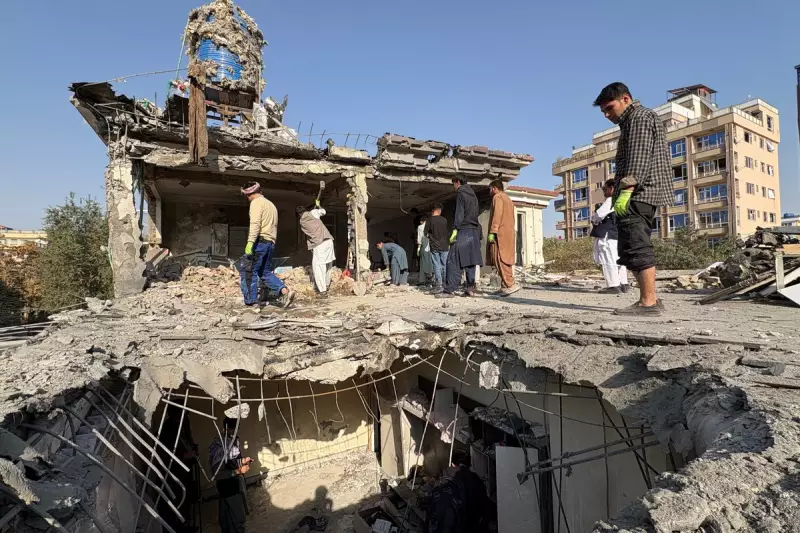
In a significant move that reshapes regional security dynamics, Pakistan has entered into a comprehensive defence agreement with Turkey, strengthening military cooperation between the two nations. The pact comes amid escalating tensions along Pakistan's volatile border with Afghanistan, where Islamabad claims militant groups are launching cross-border attacks.
Diplomatic Breakthrough Amid Border Tensions
The defence agreement, signed during high-level talks between Pakistani and Turkish officials, represents a strategic alignment that could have far-reaching implications for regional stability. While specific details remain confidential, sources indicate the partnership encompasses military training, technology transfer, and coordinated security initiatives.
This development occurs against a backdrop of increasing friction between Pakistan and Afghanistan's Taliban government. Pakistani authorities have repeatedly voiced concerns about militant sanctuaries in Afghanistan being used to launch attacks across their shared border.
Taliban Denials and Counterclaims
Zabihullah Mujahid, the Taliban's primary spokesperson, has firmly rejected Pakistan's allegations of cross-border aggression. In statements to international media, Mujahid asserted that Afghan soil is not being used against Pakistan or any other country.
"The Islamic Emirate is committed to not allowing anyone to use Afghan territory against other nations," Mujahid stated, while simultaneously calling on Pakistan to address what he described as "mistreatment" of Afghan refugees within its borders.
Regional Implications and Security Concerns
The new Pakistan-Turkey defence partnership signals a potential shift in regional alliances and comes at a critical juncture for Afghanistan-Pakistan relations. Security analysts suggest this agreement could provide Pakistan with enhanced capabilities to monitor and secure its western frontier.
Meanwhile, the Taliban administration continues to face international scrutiny over its governance and security commitments. The persistent border disputes with Pakistan represent one of several challenges confronting the de facto government in Kabul as it seeks broader international recognition.
This evolving situation underscores the complex security landscape of South Asia, where historical alliances are being tested and new partnerships are emerging in response to changing geopolitical realities.





